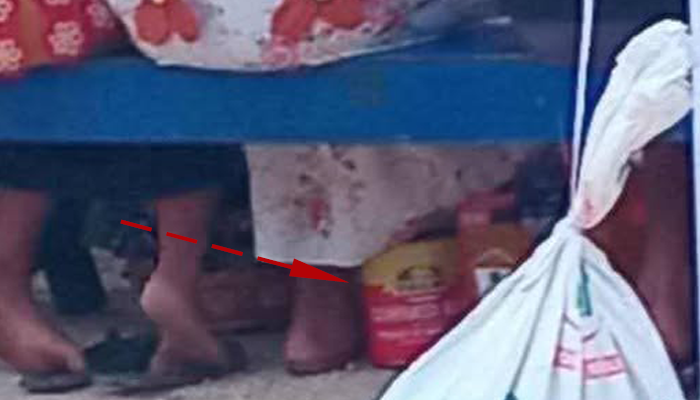At any Tongan feast, whether it’s a wedding, a church conference, or a community gathering, the meal does not simply mean invitees must eat and leave when they are full.

Instead, a customary practice known as kai fa‘o takes place. Kai means eat, and fa’o means to pack.
It refers to when attendees at feasts discreetly tuck portions of food into bags or even beneath the table to take home.
This tradition is deeply rooted in the notion of tu‘utāmaki, or having no economic safety net, and ceremonial tokens, which formally acknowledge the host’s contributions.
Feasting is more than just nourishment. It is an act of fetokoni‘aki, or mutual support, in which food symbolises kinship and collective well-being.
Kai fa‘o ensures that those who struggle, whether because of poverty, large families, or limited resources, can bring sustenance home to loved ones who could not attend.
Some people may view the practice as simply greedy and inconsiderate towards the host and those waiting at home for their share of the leftover food. However, others see it as an expression of generosity, a means of discreetly redistributing abundance without shame.
Many hosts, understanding this, openly encourage kai fa‘o, telling guests to take what they need, reinforcing the spirit of sharing.
For now, kai fa‘o persists as a quiet act of resilience and a testament to Tonga’s unwavering ethos of care.
In a nation where no one should leave a feast hungry, this practice remains a subtle yet powerful reminder that abundance, no matter how small, is meant to be shared.







